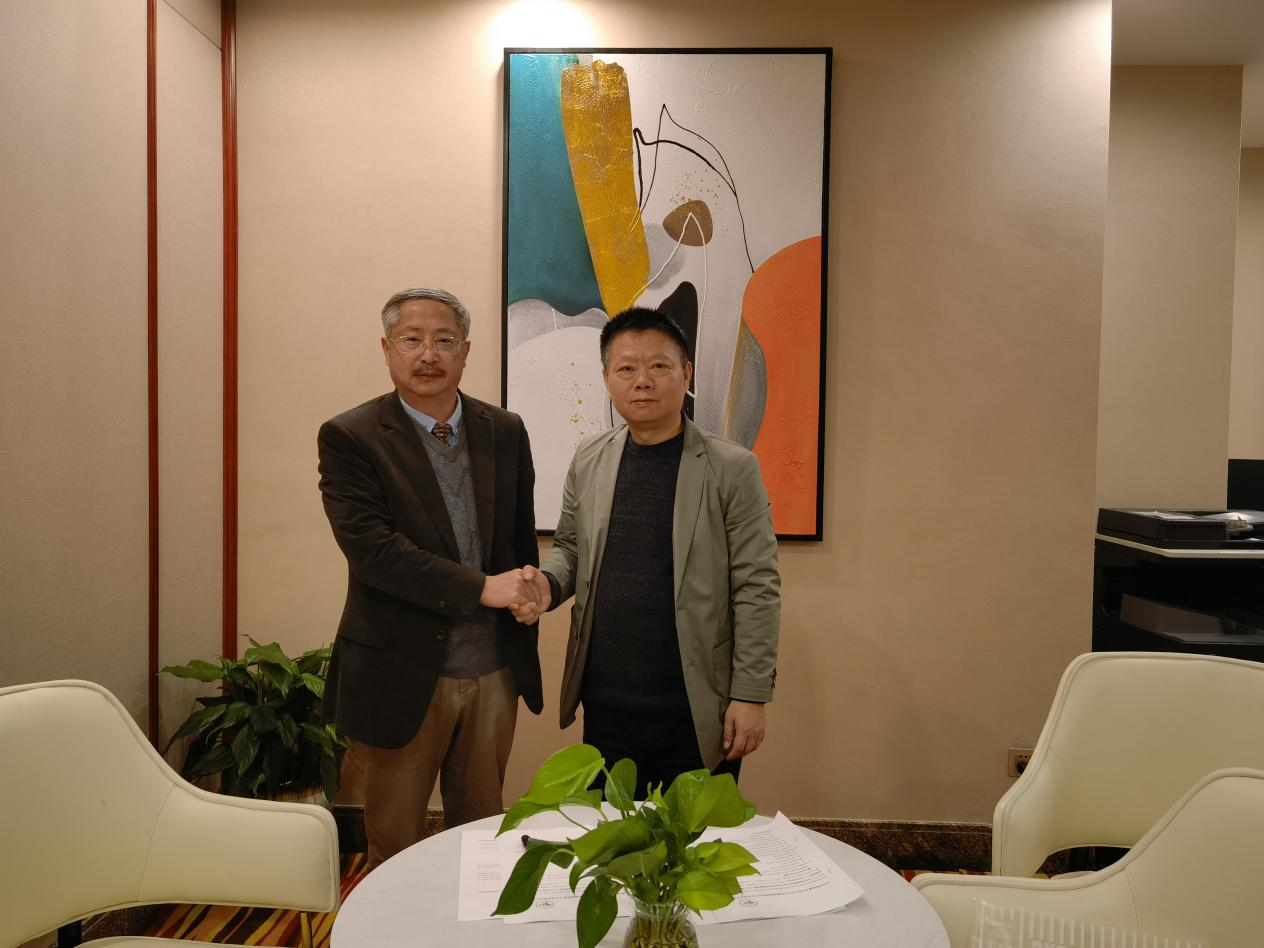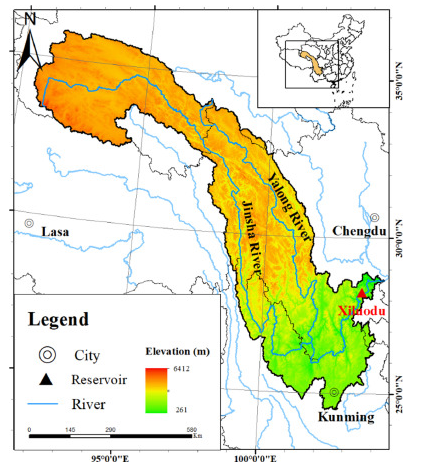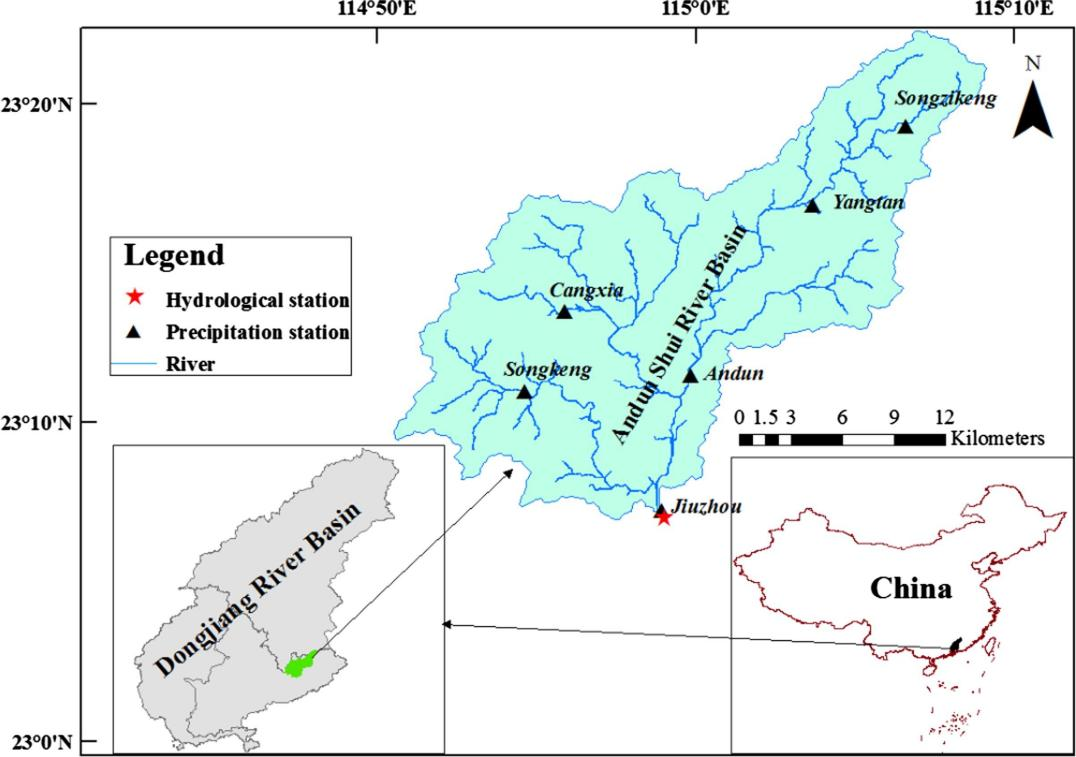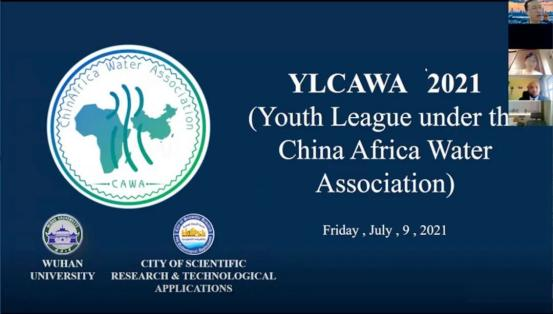




1. The Young League under the China Africa Water Association (forthwith the YLCAWA) is a constituent body of the China Africa Water Association (CAWA). The YLCAWA is subject to those Articles of the Statutes and Bye-laws of the CAWA that apply to associations and also to these Statutes.
OBJECTIVES AND ACTIVITIES OF THE YLCAWA
2. The objectives of the YLCAWA are as follows:
2.1. To provide a platform for collaboration with young scientists from both China and Africa, particularly to promote the study on hydrology as an aspect of the Earth Sciences and water resources.
2.2. To provide assistances for young scientists from both China and Africa in:
• Hydrological systems including surface and ground water development and management.
• Environmental science sector (assessment and protection).
• Geographical Information systems and remote sensing.
• Integrated Water Resources Management including water governance and science.
• Capacity building and Institutional strengthening through conventional (degree based) professional and short courses offered to address various needs in society.
2.3. To provide for discussion, comparison, and publication of research results.
2.4. To initiate, facilitate, and coordinate research into, and investigation of, those hydrological problems which require international cooperation.
3. All young researchers (under 50 years old) with a permanent position in university or institutions from China and Africa are entitled to participate in the work of the YLCAWA.
Equality, diversity and inclusion are particularly encouraged.
4. The YLCAWA performs its activities in the framework of the CAWA, in cooperation with international associations and their specialized agencies and through direct contacts with other international organizations.
BODIES OF THE YLCAWA
5. The YLCAWA shall comprise: the Plenary Session, the Scientific Commissions, the Panels and Working Groups and Individual Members. The YLCAWA shall maintain contact with the several adhering countries through their National Representatives or National Committees (often subcommittees orsections of the CAWA National Committees) and Regional Committees.
Scientific Commissions: The units of YLCAWA are university or institutions that have members in YLCAWA. Units of the YLCAWA having defined scientific responsibilities in specific hydrological fields or subjects. Divisions are corresponding units of the Scientific Commissions.
Panels and Working Groups: Ad hoc units to report on specific problems, either scientific or administrative.
National Committees: National Committees of YLCAWA are administrative bodies for maintaining contacts with the YLCAWA. They may include representatives to the Scientific Commissions of YLCAWA.
National Representatives: Each member country of CAWA can appoint a National Representative who is responsible for maintaining contact with the YLCAWA, taking part in the work of the National Committee of YLCAWA, if one such is established.
Regional Committees: Regional Committees are administrative bodies which examine subjects of particular concern within specific regions.
Individual Members: Individuals may request to be registered for so-called individual membership. To qualify for such membership an individual must work in one or more fields of hydrology and has a permanent position in university or institutions from China or Africa. The individual members should be under 50 years old. The person who is interested in water issue in China or Africa from outside China and Africa is also welcomed to be the individual member of YLCAWA.
PLENARY SESSION
6. A Plenary Session of the YLCAWA shall be convened in accordance with the Bye-laws of the Union. At least one Plenary Session of the YLCAWA shall be held during a General Assembly of the CAWA and during a Scientific Assembly of the YLCAWA. Each adhering unit may be represented by one or more delegates to the Plenary Session.
6.1. The Plenary Session has final authority on questions of a scientific character.
6.2. The Plenary Session shall consider the state of hydrological sciences, the trends in their development, and questions relating to the organization of symposia on important program, taking into consideration the appropriate program of other international organizations.
6.3. Each participant present at the Plenary Session shall have one vote on scientific matters.
PLENARY ADMINISTRATIVE SESSION AND ELECTION OF OFFICERS
7. The final authority of the YLCAWA in all matters of administration and finance shall be vested in the Plenary Administrative Session of the YLCAWA.
7.1. The Plenary Administrative Session shall consist of the Chair, the Vice Chairs, the Secretary General, Secretary or other designee of each Scientific Commission in existence at the time, the Chair of YLCAWA Limited and one voting delegate from each adhering country, appointed by that country to vote in the Plenary Administrative Session.
A quorum shall consist of the Chair (or Vice-Chair acting as Chair), the Secretary General, or his/her deputy, and voting delegates from at least 10 units.
7.2. Voting in the Plenary Administrative Session shall be by units, each unit (university or institution) having one vote, with the provision that it has voting rights in YLCAWA at that time. This voting may be in person, by mail or other electronic means but if the vote has been by mail or other electronic means then the unit cannot vote in person at the Plenary Administrative Session again on the same matter. Only those officers of the YLCAWA and its Scientific Commissions who are also voting delegates of their countries may vote.
7.3. The Plenary Administrative Session shall elect the Chair-Elect of the Association, the Chair-Elect or immediate Past- Chair, four Vice- Chair, the Secretary General and the Officers of the Scientific Commissions.
All hydrologists of the world participating in the work of the YLCAWA are entitled to stand as candidates for these positions, with the exception of the candidate for the Chair -Elect of the Association who shall be a citizen or resident of a country adhering to the Union.
7.4. The period of office for all YLCAWA officers except the Chair, shall be the interval between elections at two successive CAWA General Assemblies. The Chair-Elect shall become Chair, and the Chair shall become immediate Past- Chair, two years after the elections at the CAWA General Assembly. If a Scientific Assembly is held during the second year after the elections, the Chair-Elect shall become Chair at the beginning of the Scientific Assembly. The term of immediate Past- Chair shall be from the time the new Chair takes office to the next election of a Chair -Elect.
The Chair and Vice- Chair may not be elected to two successive terms of the same office. The Secretary General shall be eligible for re-election, but not for more than two additional terms.
The Chair -Elect shall assume the office of Chair if this office becomes vacant. If there is no Chair -Elect the Bureau shall appoint one of the Vice- Chair s to be Chair.
If the office of the Secretary General becomes vacant between CAWA General Assemblies, acting officers shall be appointed by the Chair to serve the remainder part of the term.
The four vice Chairs contain two from China and Africa, respectively.
7.5. The Plenary Administrative Session has the power to form and discontinue Scientific Commissions. Their terms of reference shall be included in the Bye-laws of the YLCAWA.
The office of Chair-Elect, Vice-Chairs and the Secretary of each Scientific Commission shall be established under the same terms as outlined in Articles 7.3. The Chairs of the Scientific Commissions may not be re-elected to two successive terms of the same office. The Vice-Chairs and the Secretary shall be eligible for re-election but for not more than one additional term. The Scientific Commissions have the power to fill vacancies that may occur between elections.
7.6. The Plenary Administrative Session has the power to form and discontinue Regional Committees, which may be formed on the initiative of several National Committees or National Representatives. Their Officers shall be elected by those Unit Committees, or Unit Representatives. Regional Committees shall examine hydrological subjects of particular concern to a specific region, and may conduct regional meetings on such subjects.
Each Regional Committee may propose a set of regulations for its organization and governance for approval by the Plenary Administrative Session of the Association.
7.7. The Plenary Administrative Session may elect an Honorary Chair.
The Honorary Chair may participate as a non-voting member in any YLCAWA meeting, including those of the Bureau, and may be requested by the Bureau to undertake specific tasks in support of the Objectives of the YLCAWA.
7.8. In questions involving finance, voting in the Plenary Administrative Session shall be as in Article 7.2, except that upon the request of two voting delegates,the number of votes for each country shall be one greater than the number of its category of membership in the Union as defined in the Statutes of the Union.
7.9. An adhering unit not represented at a Plenary Administrative Session may forward its vote on any pertinent item on the agenda, including elections of Association officers, by mail or other electronic means.
7.10. Voting by mail or other electronic means between Plenary Administrative Sessions of the Association can be authorized by the Bureau.
TASKS OF THE CHAIR, SECRETARY GENERAL,TREASURER AND EDITOR(S)
8. The Chair shall be the executive officer of the YLCAWA and shall direct its affairs in accordance with the decisions of the Plenary Session of the Association. The Chair shall be assisted by the Vice-Chairs.
9. The Secretary General, in consultation with the Chair, shall manage the business of the Association, conduct the correspondence, preserve the official documents and administrative records. The Secretary General shall take any action necessary to ensure that the Objectives of the YLCAWA are fulfilled in a manner which complies with the relevant Law governing administration, taxation, Contract and Tort or their equivalent in any country where the Association is operational including the appointment of a person or corporation if required to protect and represent the YLCAWA in any such matters and he/she shall be indemnified by the YLCAEA in respect of the costs of any such action.
10. The Treasurer, or acting Treasurer, shall collect the funds of the YLCAWA and disburse them in accordance with the decisions of the Plenary Session of the YLCAWA. He/she shall make previews of the budget of the Association, maintain records of all financial transactions and submit annual reports thereon to the Bureau as required by the Statutes and Bye-laws of CAWA.
11. The funds of the YLCAWA shall be invested in accounts of the CAWA. They shall be at the disposal of the Treasurer and the Secretary General as may be deemed necessary and as specified in Article 10, but provisions shall be made to enable the Chair to transfer the funds or part of them to an acting Treasurer appointed according to Article 8.2.
COMMISSIONS
12. The following provisions shall govern Scientific Commissions that are created under Article 7.4.
12.1. The Scientific Commissions shall keep abreast of their fields of hydrology and determine the trends in research on the most urgent problems of hydrology that are of common interest to many countries. The Scientific Commissions shall study the questions voted by their Plenary Session.
12.2. The Scientific Commissions shall participate actively in the preparation of symposia on appropriate scientific problems.
12.3. The Scientific Commissions shall be styled "International Commission on ...".
12.4. The Unit Committee (or Unit Representative) for YLCAWA of each adhering unit may designate one representative on each Scientific Commission and on each Regional Committee with which it desires to affiliate. Such representatives may vote on all administrative and scientific matters before the Scientific Commission or Regional Committee and may correspond directly with the Officers of a Commission or such Committee on all matters of concern to that Commission or such Committee. All participants present at a meeting of a Commission or such Committee may vote on scientific matters.
12.5. While the regulations for all scientific commissions should be as similar as possible, each Scientific Commission may propose a set of regulations for its organization and governance for approval by the Plenary Administrative Session of the Association.
12.6 The Scientific Commissions may establish Divisions and ad hoc working groups to report on specific problems.
PANELS, WORKING GROUPS AND RAPPORTEURS
AMENDMENTS OF STATUTES AND BYE-LAWS
13. Within the framework of these Statutes, the Plenary Administrative Session of the Association shall have the power to adopt or amend Bye-laws by a simple majority.
14. Proposals by adhering units for a change of any Article of the Statutes must reach the Secretary General at least six months before the date of the meeting at which they are considered by the Plenary Administrative Session of the Association. The Secretary General shall notify all adhering countries of any proposed changes at least four months before the named date.
15. The Articles of these Statutes may be changed only by a majority of two-thirds of the votes cast at a meeting of the Plenary Administrative Session of the Association by voting members who are present or who vote by mail or other electronic means, provided that the total number of favorable votes is not less than one-half the number of the members of the Plenary Administrative Session of the Association eligible to vote.